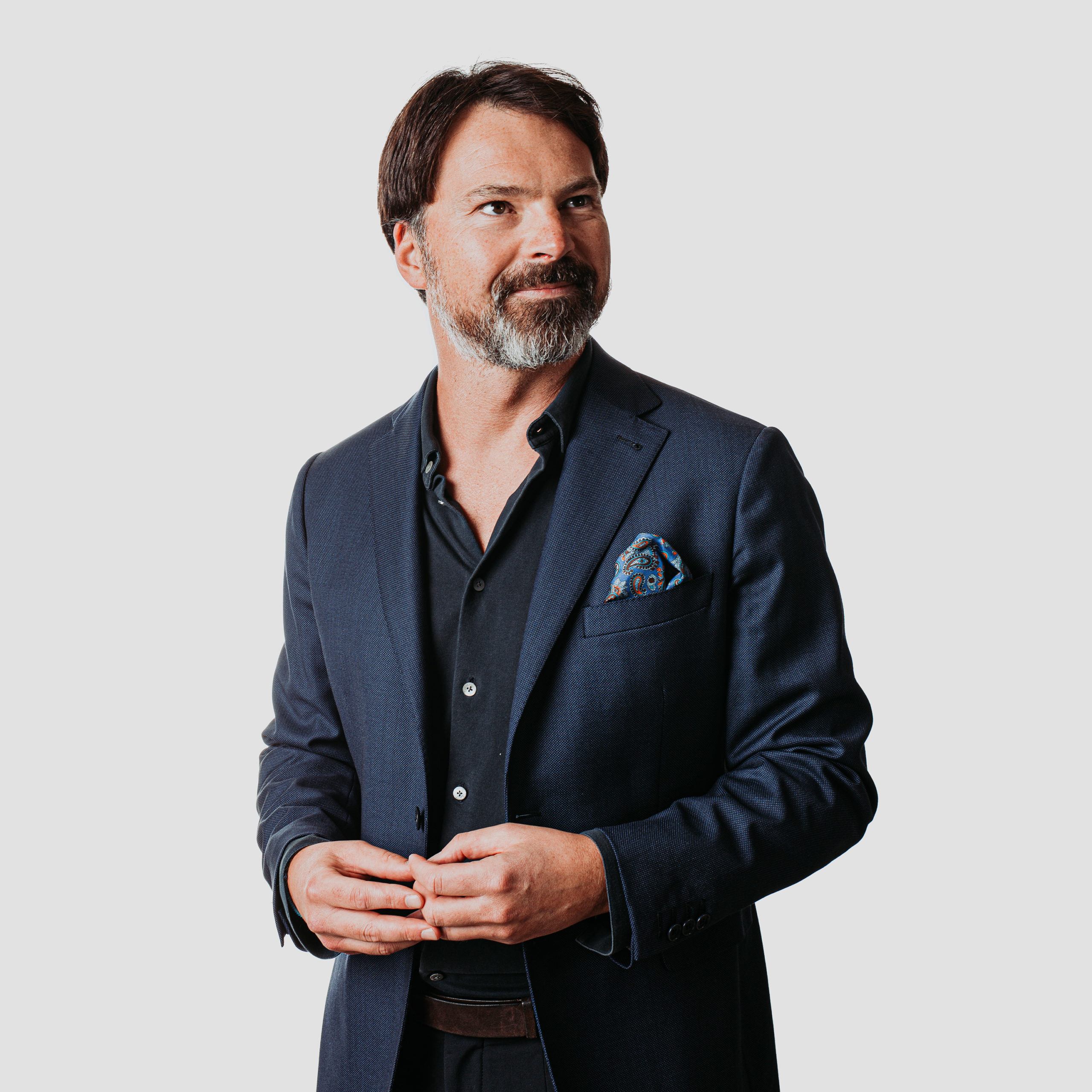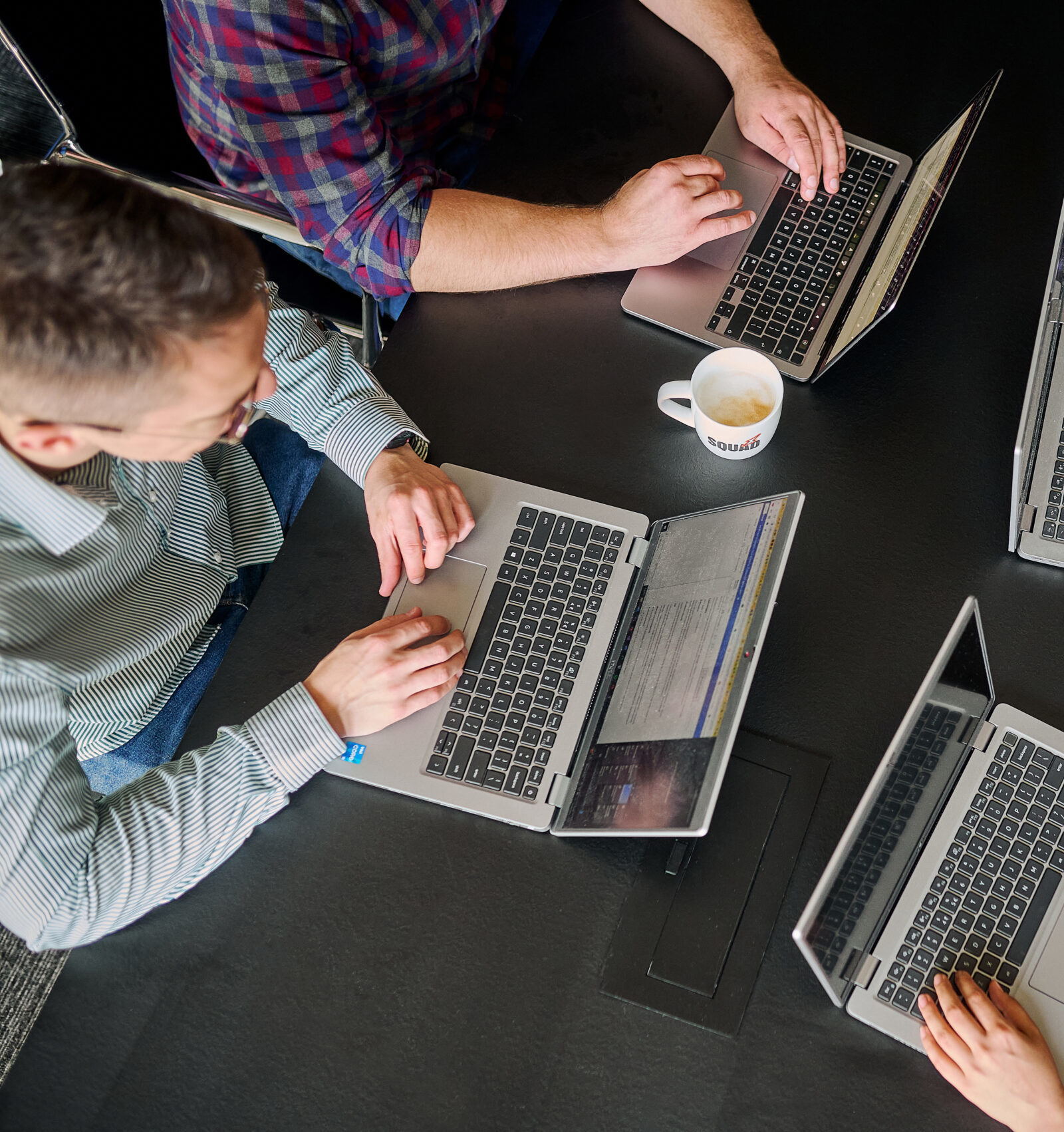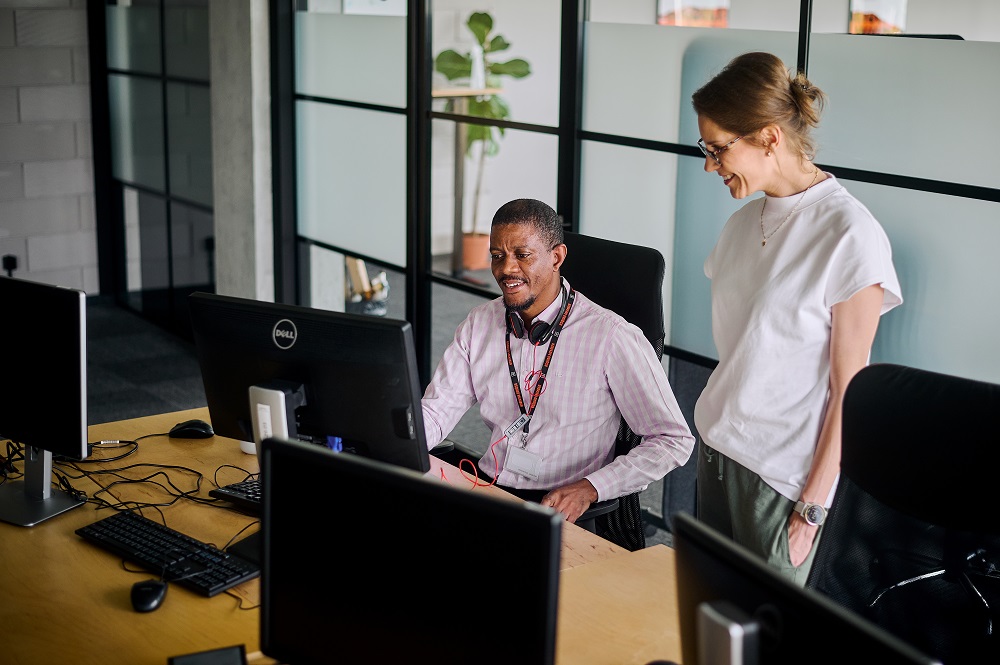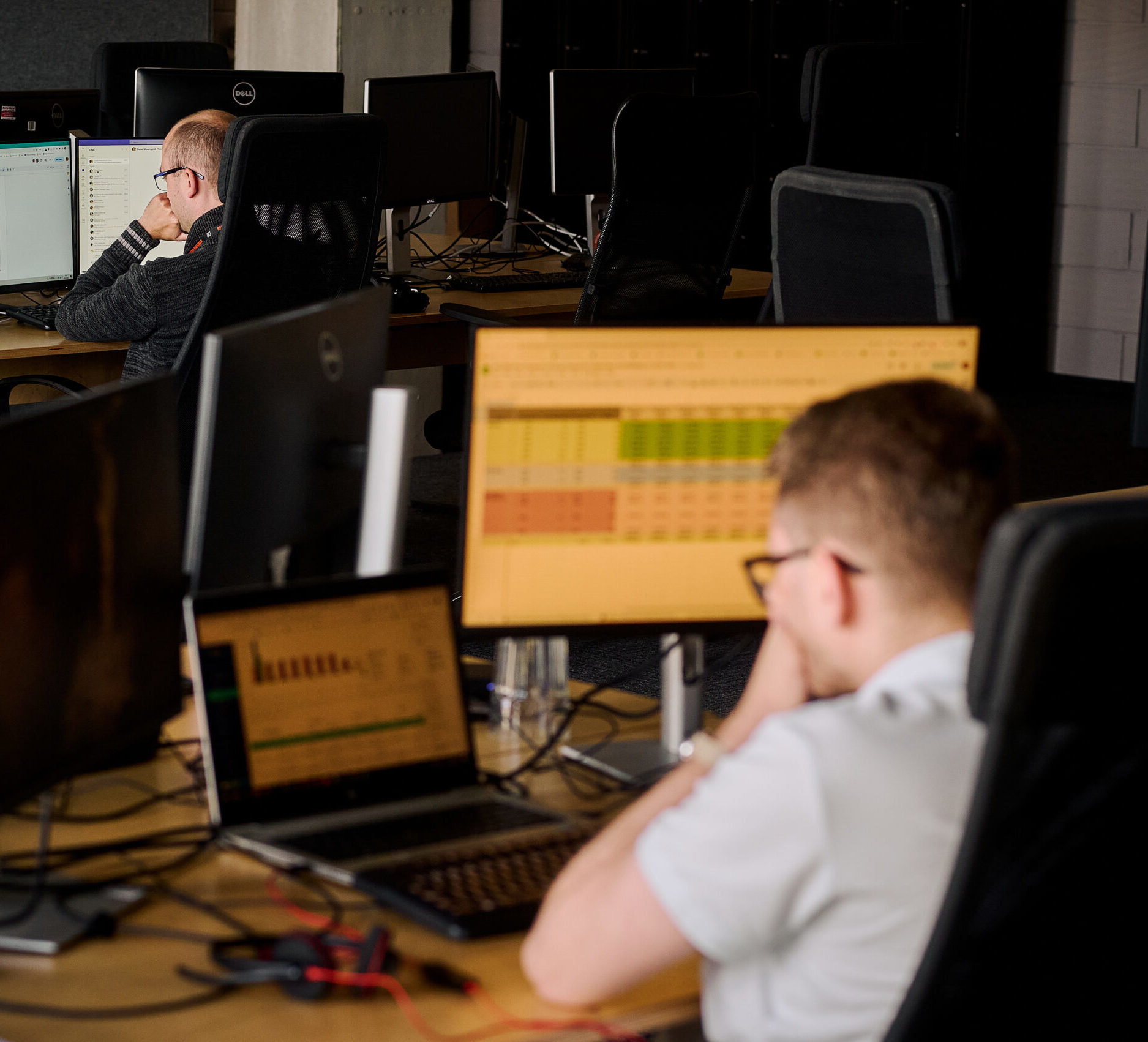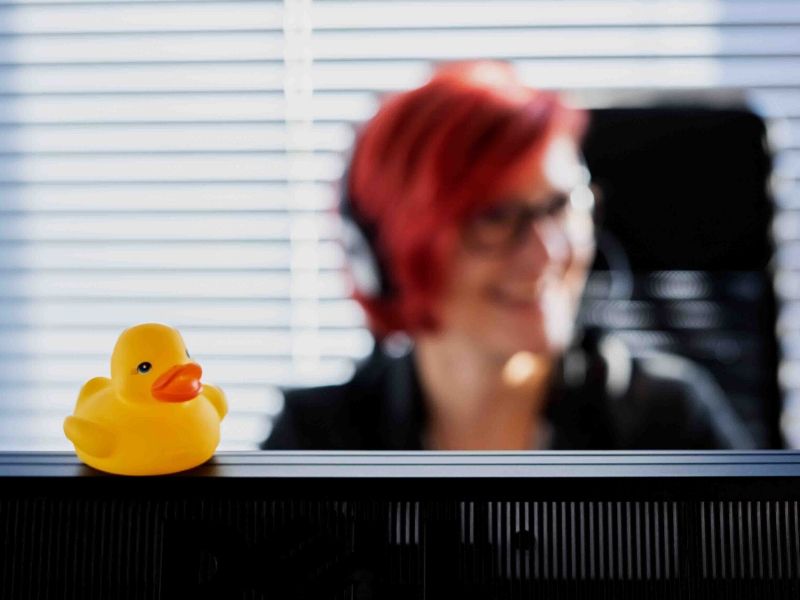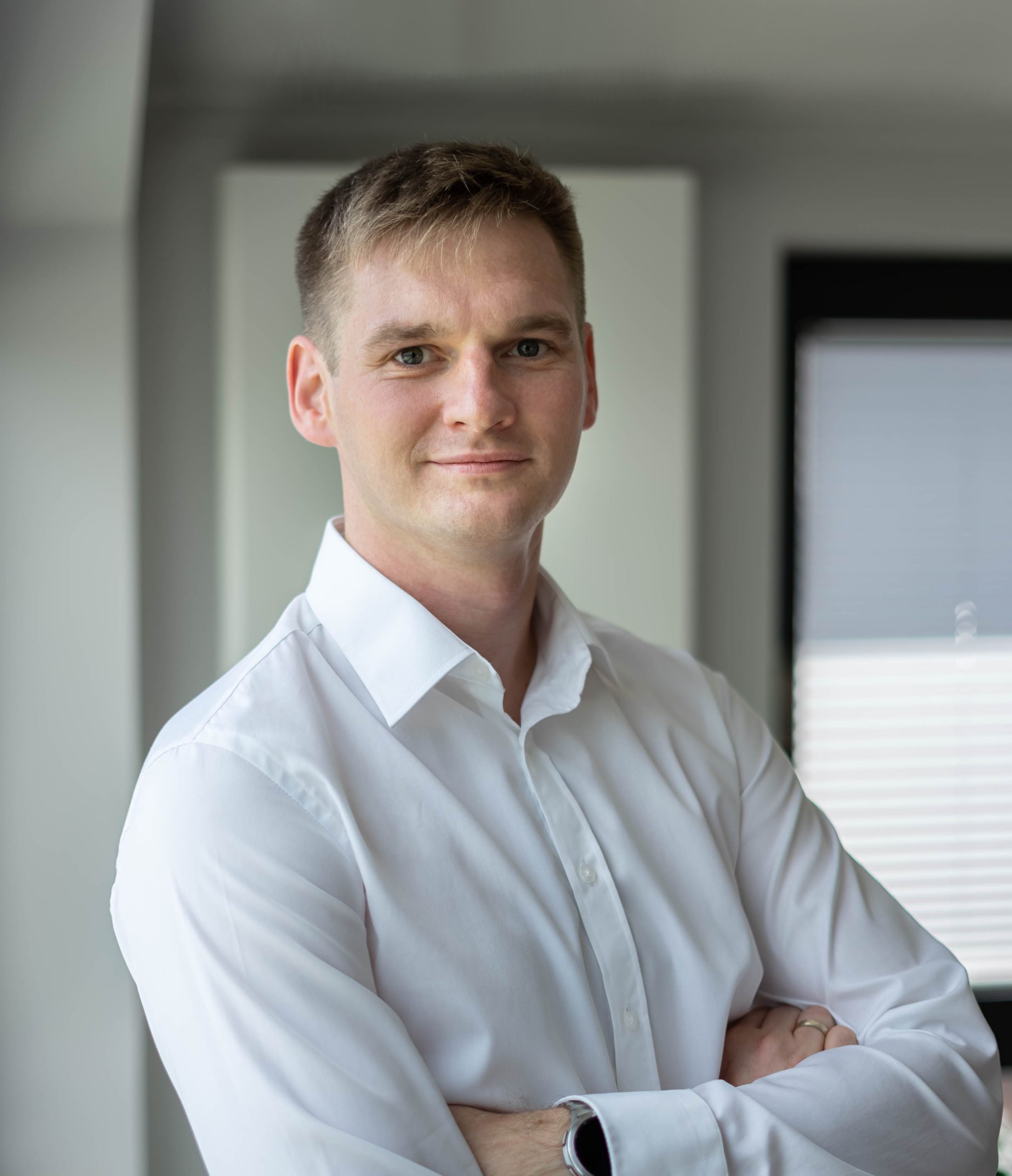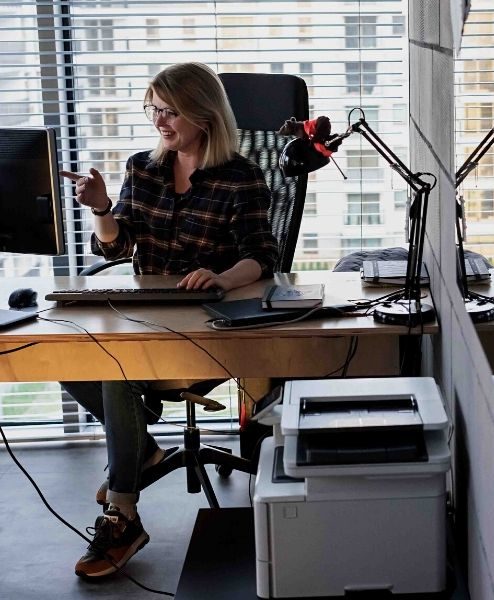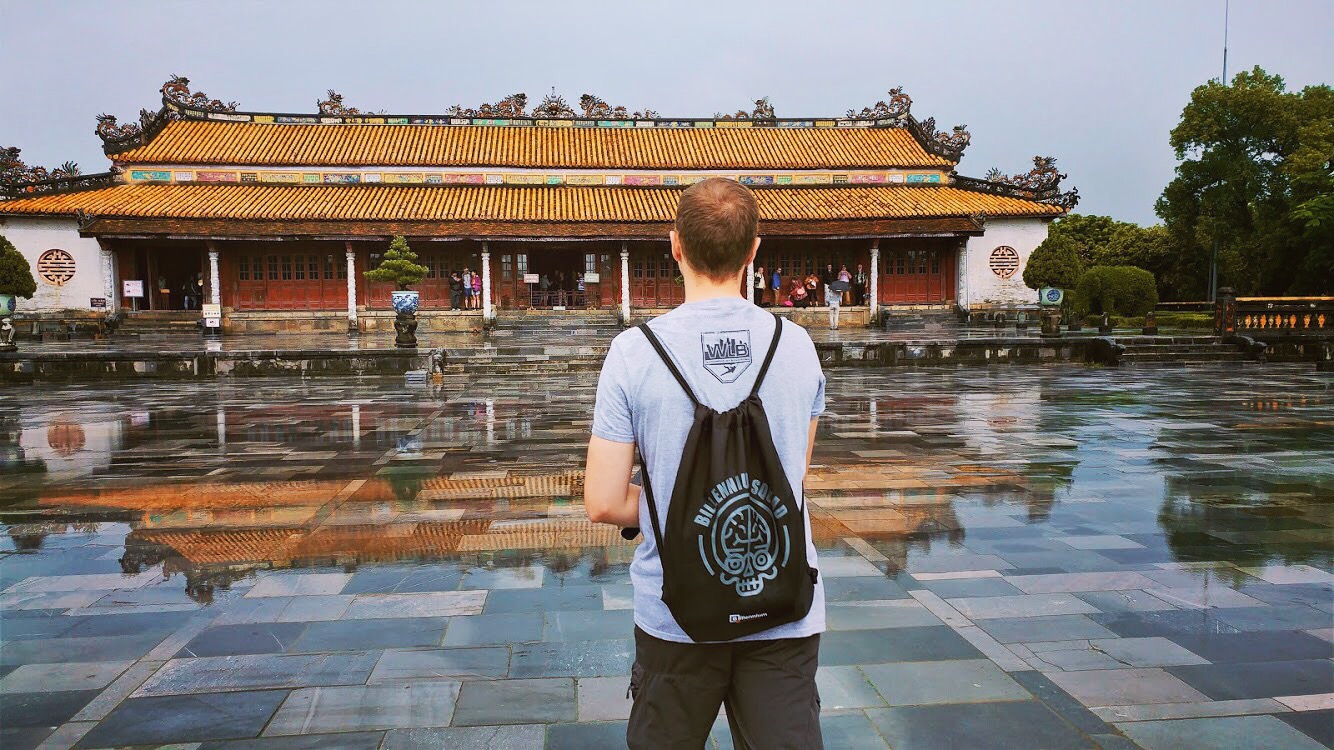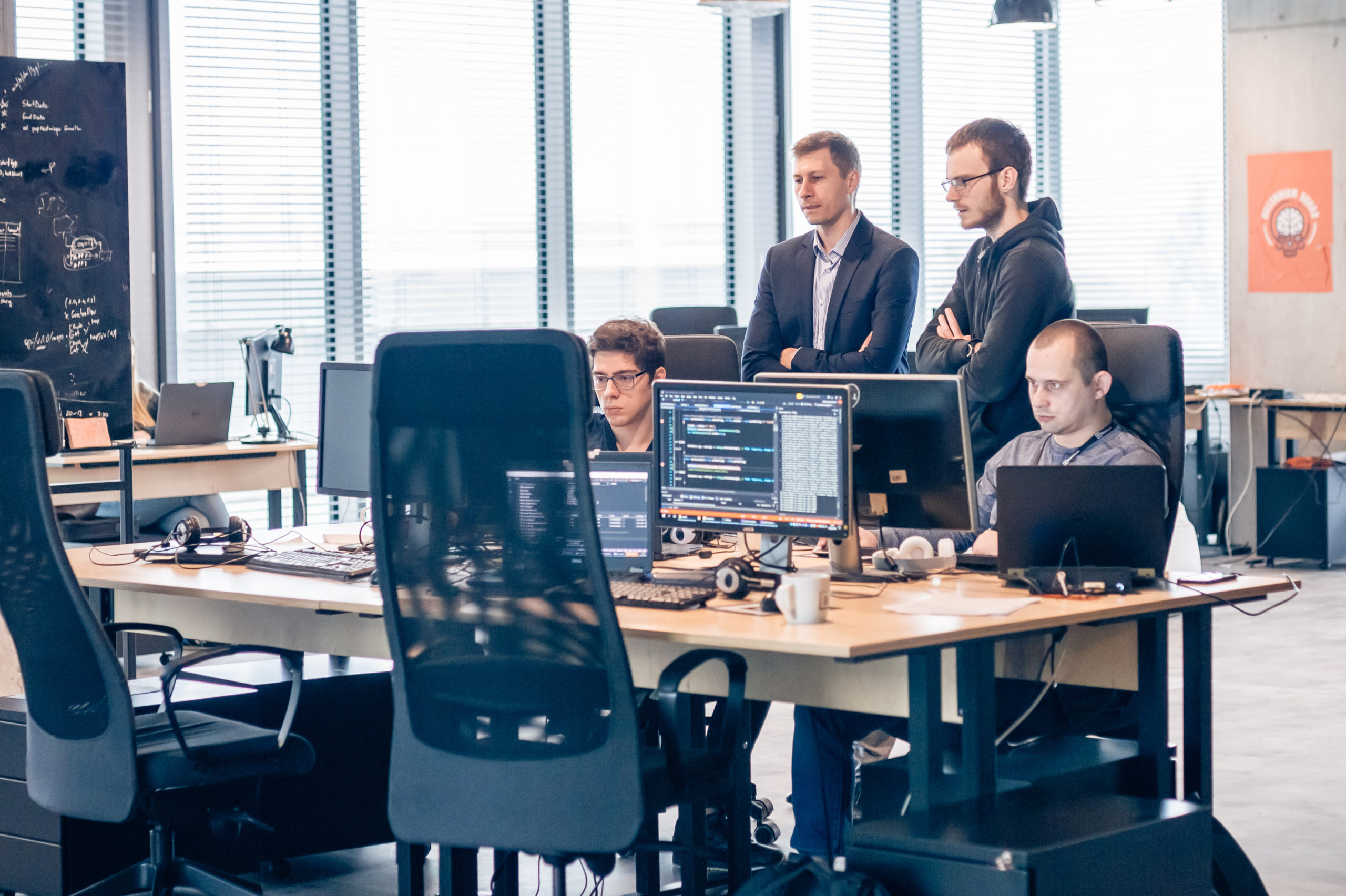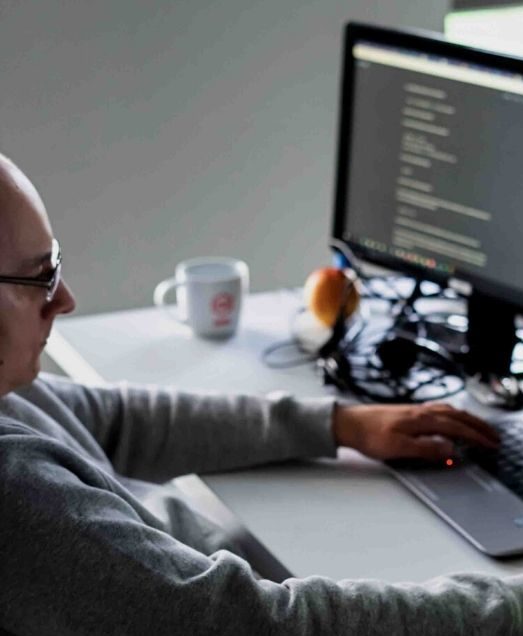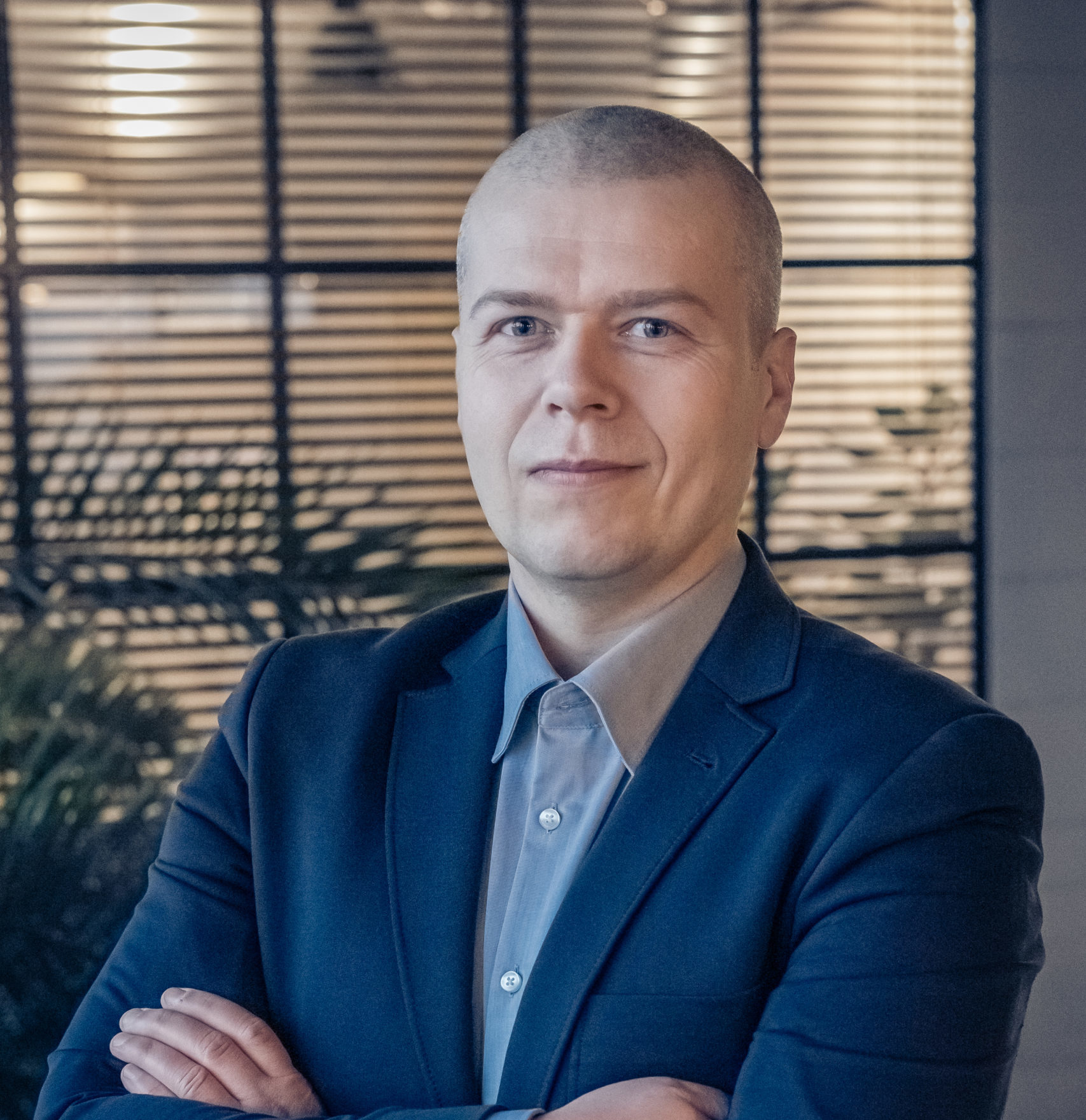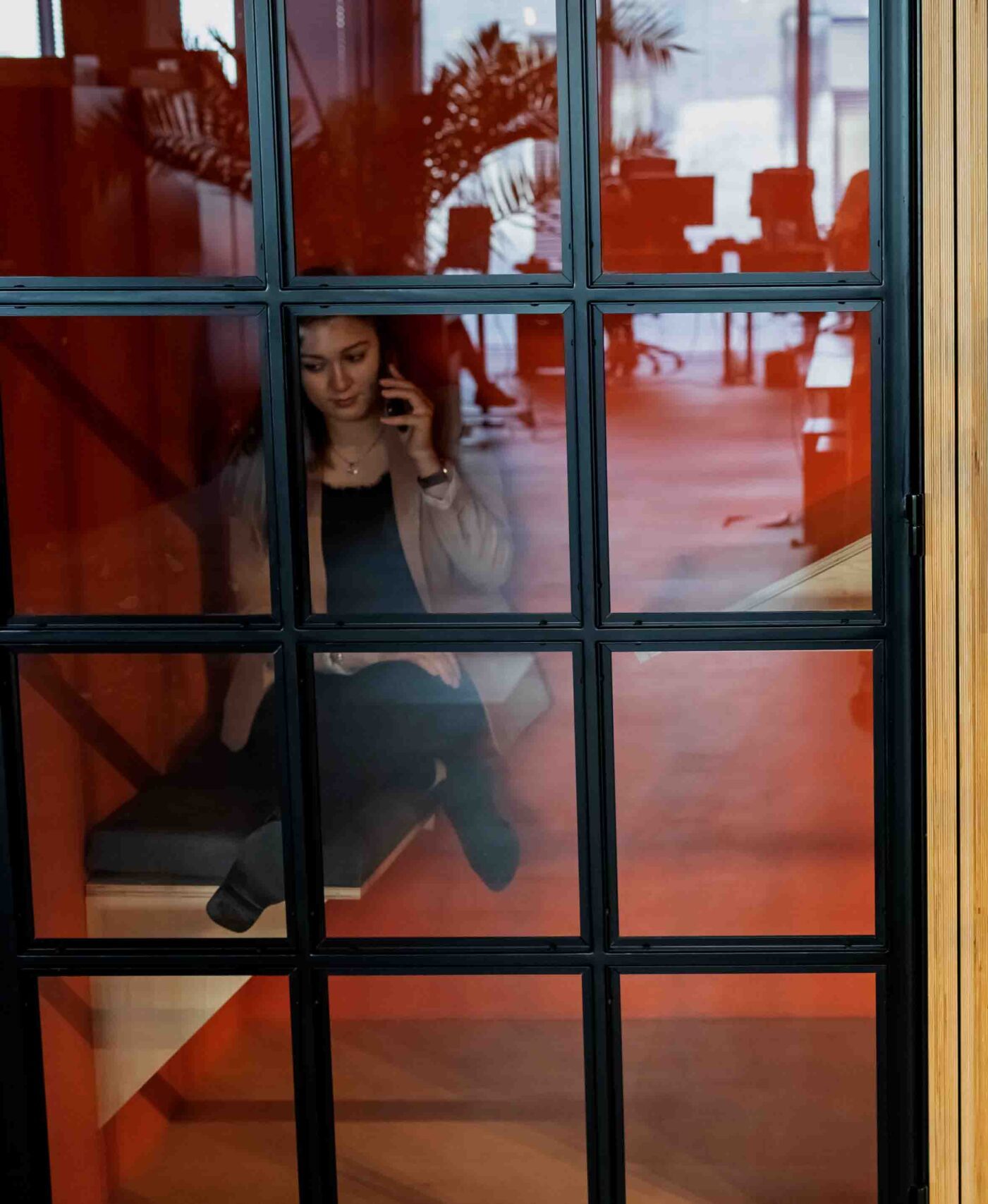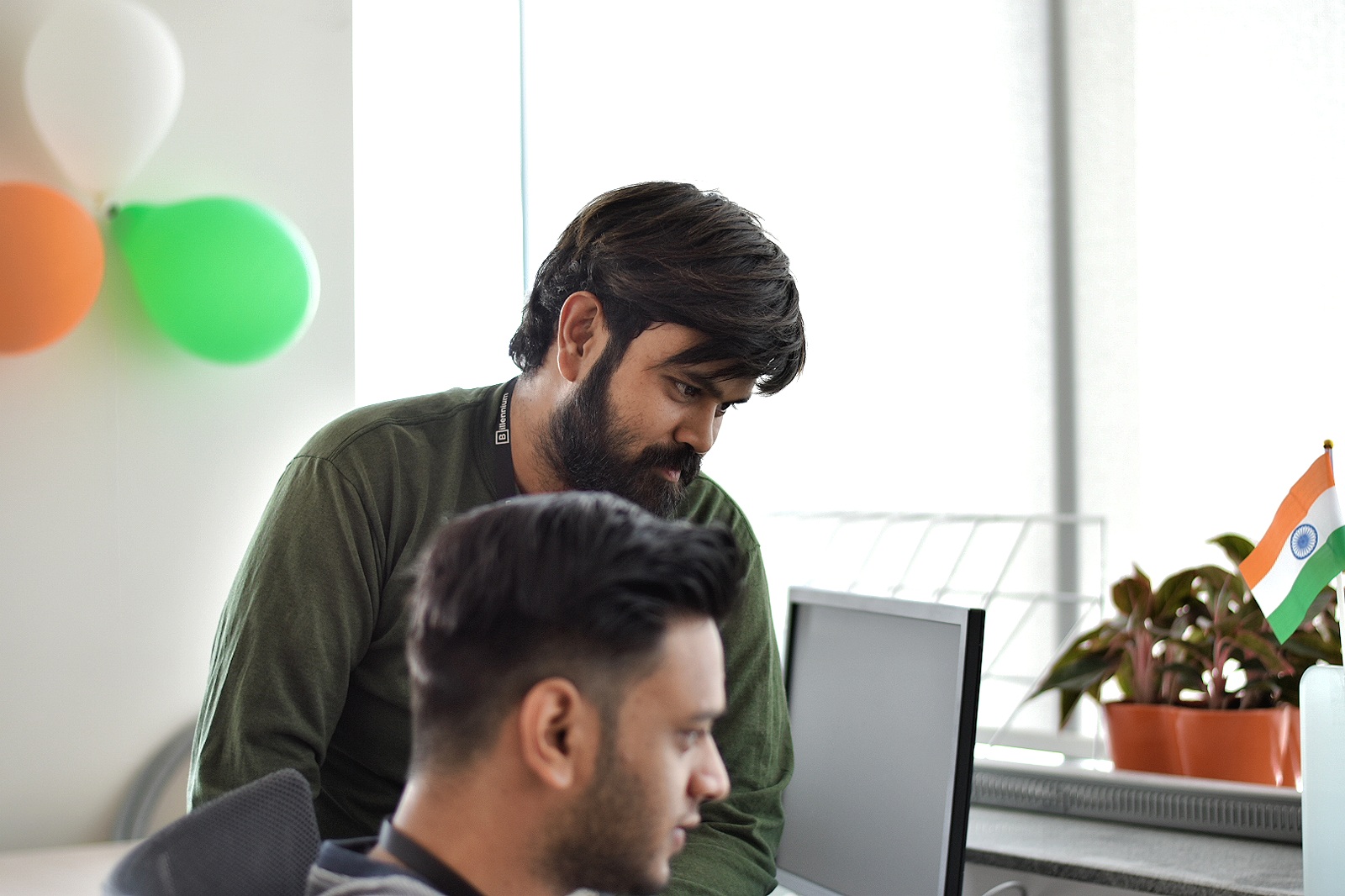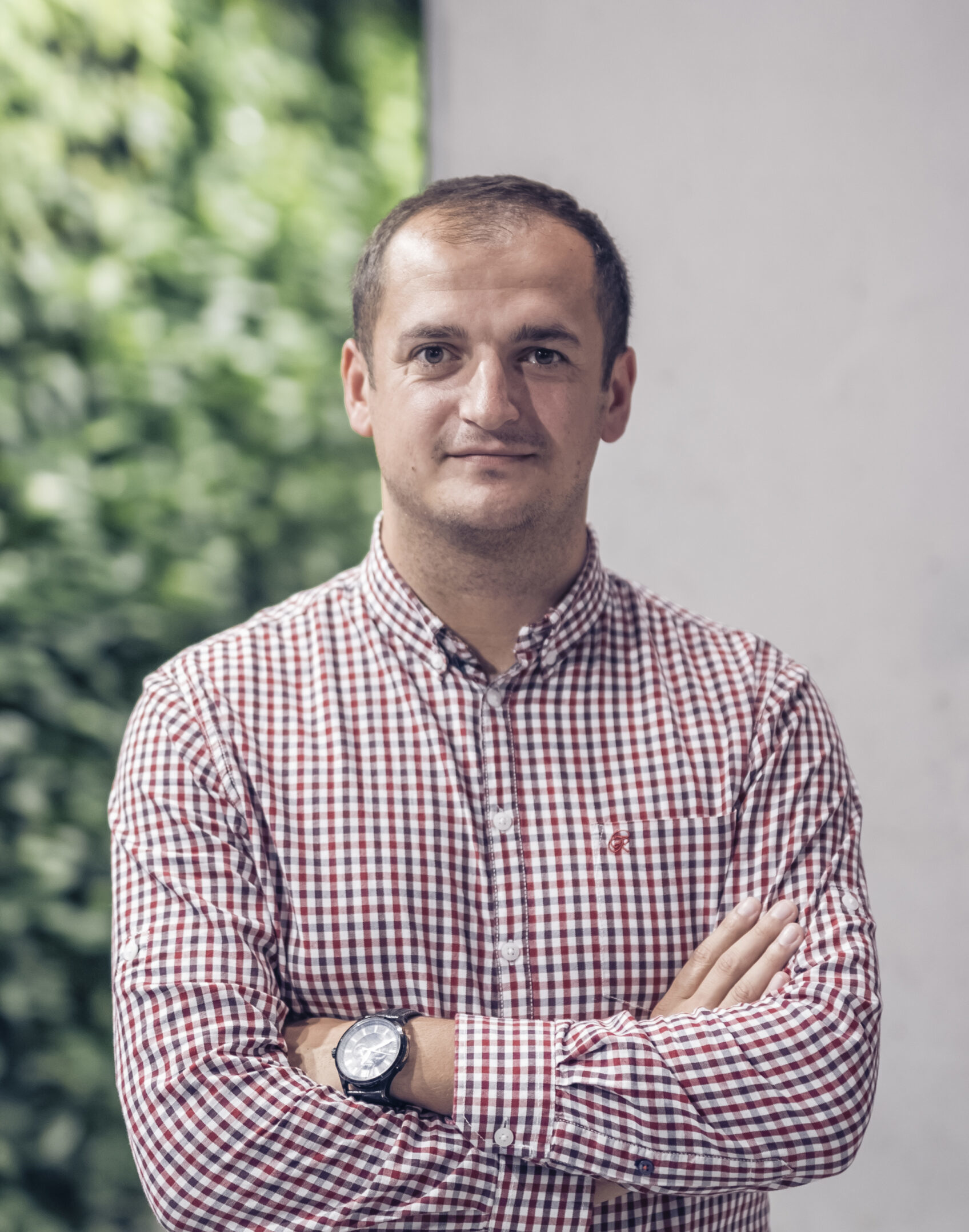The concept of IT trends has recently gained more capacity. On the one hand, we have typical technological trends, i.e. those related to digital transformation, such as automation, robotization or, the use of AI. However, the situation caused by the coronavirus means that when talking about trends in our industry, it is hard not to mention the issues related to remote work or the utilization of employees after the loss of projects, which now have become equally important topics.
Starting with technological issues – the digital transformation in recent years in the Polish media has been changed by all cases, but it is in the current situation that it gained incredible momentum.
For example, electronic communication has so far mainly been used to arrange a meeting, during which the actual actions towards the client were just beginning, which at the height of the pandemic became impossible.
Therefore, all types of automation processes and systems supporting remote work or the processing of entire contracts and processes related to customer contact have become key.
Even before the epidemic, we started working on the Inperly solution, allowing the entire process of the so-called customer journey, from the first meeting to, e.g. signing the contract, to be carried out remotely.
While maintaining contact with the person we not only hear, but also see. Obviously, during the pandemic, we intensified work on this solution to present the final version as soon as possible.
When it comes to artificial intelligence and machine learning, here too has changed a lot, because the highest computing performance becomes available to everyone. Taking advantage of these possibilities, we started together with UMCS to work on an algorithm that is to support the brain tumor diagnosis process based on magnetic resonance imaging in the future.
The algorithm created as part of the cooperation can recognize a brain tumor with almost 85% efficiency in photos from the database that has been made available to the university. Now we want to take the next step together and start testing the solution on photos taken as part of hospital tests.
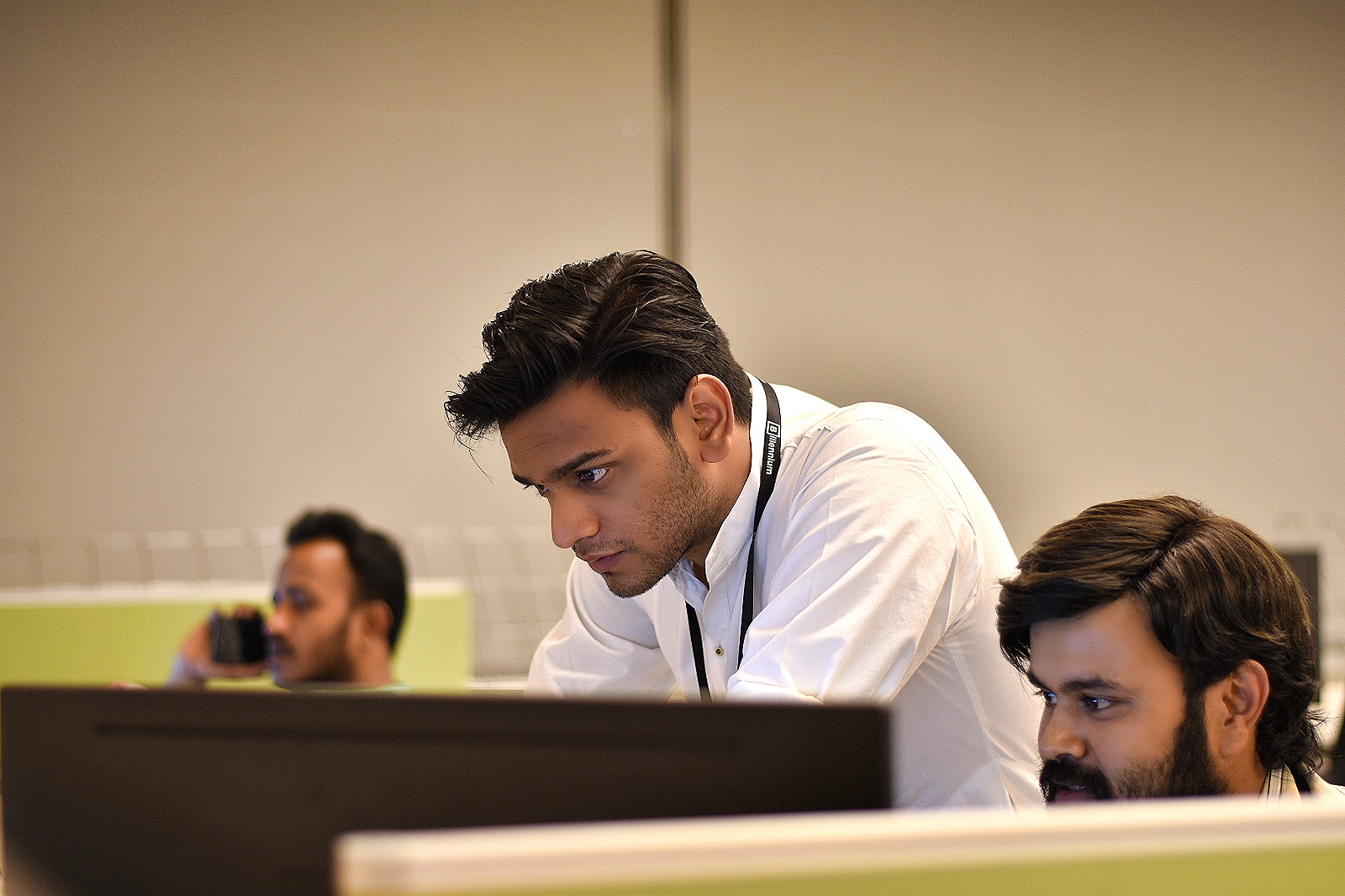
For technology companies, with the right attitude, a pandemic situation can be a chance for development, but you need to think of it as a complete change of landscape. It’s not like we can wait it out and everything will return to normal.
I believe that this will not be the case, and this is the moment when you need to find yourself in the new world and boldly shape it. I know that we will come out stronger as an organization.
Returning to HR trends in IT, talking about remote work now may sound cliche, but before the pandemic, we began to convince clients that it makes sense. At Billennium, we work in the follow the sun model – we have teams in different time zones, so our business day can last 24h, not 8h.
An additional advantage of this solution is the fact that the distributed team allows you to find experts from around the world and start a project much faster and more efficiently. What’s more, in this model we can program during the day and test at night, accelerating the process of creating a solution and giving our clients a competitive advantage.
Continuing on the issues of the new reality we are now in, Richard Branson once said – if you take care of your employees, they will take care of customers. That is why we have introduced the so-called “Bench” – in the event of project termination or loss, we do not dismiss our employees, we engage our resources to find a job for them at all costs.
For us as Billennium, so for a company employing over 1,200 employees in several offices, not only in Poland but also in Asia and the United States, adapting to functioning in a pandemic and ensuring the satisfaction of our employees is a challenge. We are at the stage of preparation for a return to the office and are currently creating guidelines on how we will operate as a company in the postCovid world.
Therefore, we decided to ask employees what we can do to make them feel safe and how they imagine their workplace. We organized a study ‘Return to the office’, in which in which we’ve asked whether our employees prefer to go back to the office, or rather continue working remotely? We also asked about the biggest advantages of home office and what people lack when they don’t come to work.
The results were extremely interesting – over 80% of our employees do not want to permanently work from the office, switching to a fully or partially remote model. On the other hand, we also know that remote work also has its drawbacks and very often we lack contact with other people, the possibility of exchanging thoughts, but also small talk. This, in turn, can completely change the way we think about the office.
It will no longer be a place where we have our permanent desk, but space where, like in a cafe, we can discuss the project we are working on and then finish it from home. We are just creating a new office in Lublin, where we intend to design a common space in this direction.
